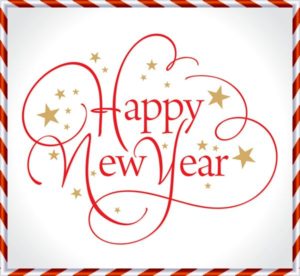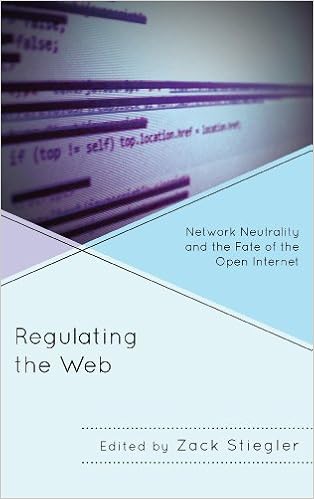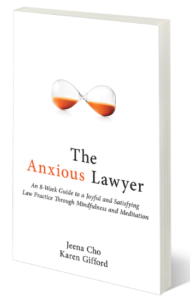 Brooklyn Law School Library’s e-book collection has a great title for this time of year: A Kosher Christmas: ‘Tis the Season to Be Jewish by Joshua Eli Plaut. The book combines history, Jewish studies and sociology beginning with urban-bourgeois Jewish émigrés from German-speaking countries who decorated trees, exchanged presents and sang carols in “a family festival devoid of religious meaning.” The author describes how modern Jews elevated the once-minor holiday of Hanukkah, which this year ends tonight, to its big-time status as Christmas’s partner. With chapters on intermarriage, holiday cards designed for blended couples, and Jewish composers of Christmas songs, the author explains how German-American Jews “ate customary Christmas foods, particularly sweets like stollen, lebkuchen and pfefferkuc (although they prepared the treats with butter instead of lard).” He explains that “Jews flock to Chinese restaurants on Christmas not only because they are open while other restaurants are closed but also because Jews regard eating Chinese food as a special occasion.” Read why Jews, before or after their Chinese Christmas dinners, hit the movies. In the first decade of the 20th century, we learn, 42 nickelodeons were in the Lower East Side of New York with 10 more uptown in what was branded Jewish Harlem.
Brooklyn Law School Library’s e-book collection has a great title for this time of year: A Kosher Christmas: ‘Tis the Season to Be Jewish by Joshua Eli Plaut. The book combines history, Jewish studies and sociology beginning with urban-bourgeois Jewish émigrés from German-speaking countries who decorated trees, exchanged presents and sang carols in “a family festival devoid of religious meaning.” The author describes how modern Jews elevated the once-minor holiday of Hanukkah, which this year ends tonight, to its big-time status as Christmas’s partner. With chapters on intermarriage, holiday cards designed for blended couples, and Jewish composers of Christmas songs, the author explains how German-American Jews “ate customary Christmas foods, particularly sweets like stollen, lebkuchen and pfefferkuc (although they prepared the treats with butter instead of lard).” He explains that “Jews flock to Chinese restaurants on Christmas not only because they are open while other restaurants are closed but also because Jews regard eating Chinese food as a special occasion.” Read why Jews, before or after their Chinese Christmas dinners, hit the movies. In the first decade of the 20th century, we learn, 42 nickelodeons were in the Lower East Side of New York with 10 more uptown in what was branded Jewish Harlem.
Plaut reports on the tradition of Jewish volunteering, the Christmas mitzvah — something to do when the rest of the world has the day off. Jews feed the hungry, fill in for Christians at work, donate toys, play Santa. These are activities that allow “Jews the opportunity to participate in Christmas, but in a way that does not detract from their Jewish identity; in fact, their volunteerism reinforces their Jewishness.”
The introduction to “A Kosher Christmas” says: “We encounter in the following chapters a multitude of distinctive strategies that portray how Jews survive and thrive in American society and how they transform Christmastime into a holiday season belonging to all Americans. The concluding chapter “Menorahs Next to Madonnas” tells the story from 1993 when Myrna Holzman, a retired public-school teacher in New York and an avid stamp collector, started a crusade to convince the U.S. Postal Service to produce a Hanukkah stamp. Her Hanukkah stamp campaign finally resulted in the U.S. Postal Service’s release of a Hanukkah stamp in 1996. The postal service invited her to the launching ceremony for the new Hanukkah stamp, the first stamp to be a joint-issue between the United States and Israel. To Myrna’s surprise, the symbol chosen to represent Hanukkah was a modern rendition of the menorah, consisting of playful, colorful shapes, The choice was ironic because the post office committee had previously rejected the menorah as a religious symbol. In 2004, the postal service released another Hanukkah stamp, this time featuring a dreidel, as Myrna had originally suggested. At 173 pages plus notes, this book is recommended for readers interested in an academic study of American Jewish cultural traditions and the “December Dilemma” of Christmas v. Chanukah as the inevitable duel that confronts many American Jews each December.





 The Brooklyn Law School Library
The Brooklyn Law School Library